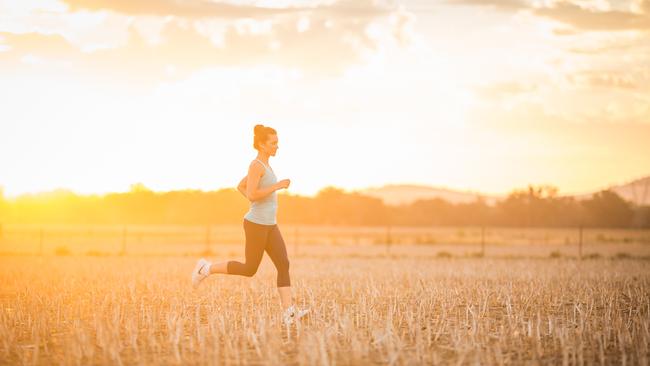The tool for farmers to tackle mental health
The incidence of mental health conditions in farming communities is well reported. But here’s an easy tool farmers can use to support their mental health.
Tending to your farm, caring for livestock, and being physically active outdoors could prove a useful tool in alleviating mental health stress for farmers.
But farmers need to do more to be physically active in order to reap the positive health benefits of an agricultural lifestyle, according to one industry leader.
The National Farmers Federation recently held a national forum on mental health and wellbeing in agriculture, with the aim of focusing on proactive structures to tackle high incidences of suicide in farming communities.
NFF president David Jochinke said the forum proved a “collective will exists to address those issues common across agriculture and its supply chains”.
“While the statistics aren’t the full picture and risk oversimplifying a complex issue, we are at the very least agreed we cannot continue to accept a situation where one farmer dies by suicide every 10 days, a rate nearly 60 per cent higher than the rest of the population,” Mr Jochinke said.
An NFF forum report cited “fierce self-reliance”, natural disasters, weather, and market volatility as key contributors to mental health challenges primary producers often face.
But a number of factors in agriculture are conducive to positive mental health and wellbeing outcomes, including the physical labour of farming and spending time outdoors as reducing symptoms of anxiety and depression.
Since 2015, organisation Active Farmers has worked to tackle mental illness in regional areas by hosting regular group fitness classes.
Active Farmers chief executive Mark Slater said while the mental health benefits of physical exercise are well noted, it was a “misconception” that farmers were more active than other industries.

Mr Slater said while farmers often undertake physically active tasks such as removing fences and changing tractor tyres, intensive farming systems were increasingly sedentary work environments.
“If you look at harvest, or planting, these guys are spending 16 hours a day in a machine. It’s not that physically active,” Mr Slater said.
“They’re not getting the endorphins of personal training.”
Just 30 minutes of exercise twice a week could prove invaluable in helping support farmers and their mental health, Mr Slater said.
“It’s about the prevention of suicide in small communities, and the damage that has done in communities, but also becoming more conscious of your own health,” Mr Slater said.
“And it’s a generational change, for kids in communities to see their mums, their sisters, their dad, being active and seeing the importance of physical health for mental health.”





